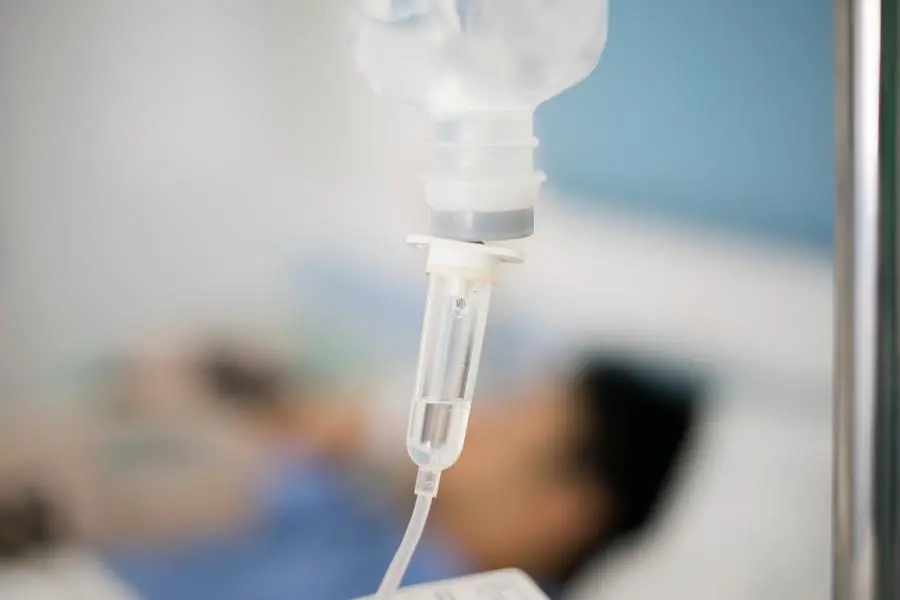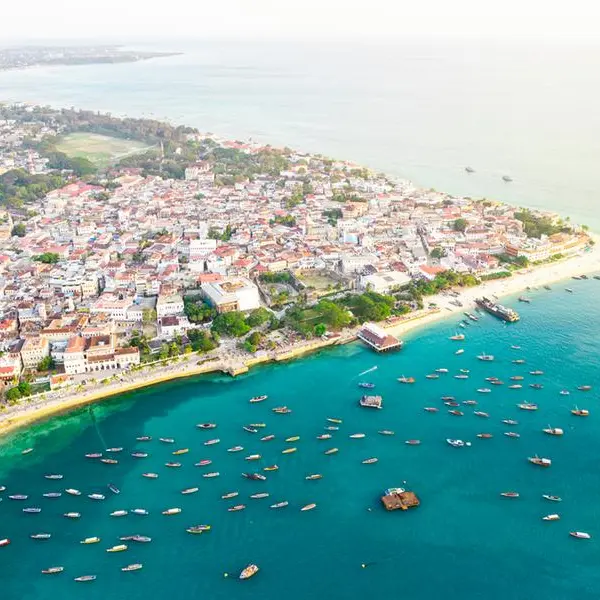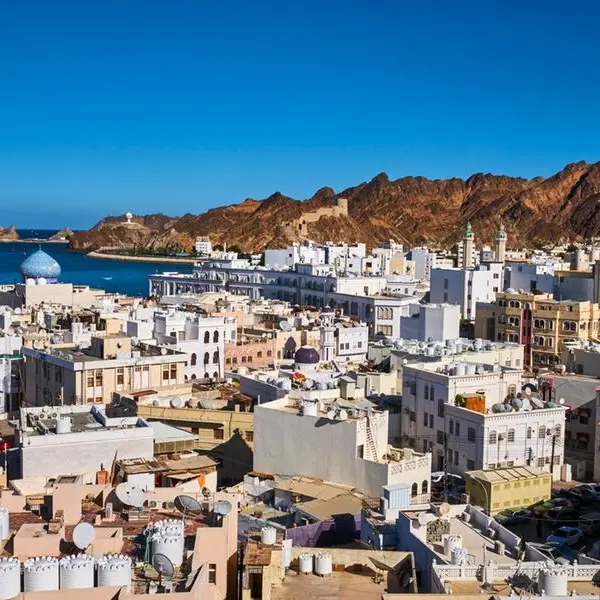PHOTO
Though relatively rare compared to its adult counterpart, childhood cancer can take a devastating toll on families worldwide. According to the World Health Organisation, every 80 seconds, a child receives a cancer diagnosis, adding up to approximately 400,000 new cases each year. The most prevalent types of childhood cancer include leukaemia, brain tumours, lymphoma, and neuroblastoma, among others. Unlike many adult cancers, childhood cancers are predominantly caused by genetic mutations rather than environmental factors or lifestyle choices, adding a layer of complexity to their treatment and management. But the challenges seldom end there. From the time of diagnosis to recovery, the turmoil that the child and family endure as a result of it can hardly be justified through words.
In the heart of bustling Dubai, amid the gleaming skyscrapers, lies a story of one mother's journey through the darkest of times, navigating the treacherous waters of childhood cancer while carrying the weight of a growing family on her shoulders. A Dubai-based PR specialist project manager, for years, Lama Andari ran her own NGO dedicated to education, youth, and mentorship. But her greatest challenge came when her two-year-old son, Sami, was diagnosed with leukaemia in the midst of a global pandemic. “My son was diagnosed three months before I gave birth to my second child... It was in the thick of Covid. So, the last thing you’d want is to be at the hospital. And here we were basically living at the hospital,” she shares, the weight of those days palpable in her words.
“It felt like a punch in the gut, but I was pregnant. So, I couldn't accept it as a punch in the gut, I took it as a slap on my face,” recalls the Lebanese-Australian expat, adding that families going through childhood cancer need utmost care and support. “It’s extremely challenging during such times; you feel like you’re drowning. But there you are, pulling yourself out of the water, dusting yourself off from the ground, and summoning every ounce of strength for your child,” she adds. “Nothing prepares us for the words, ‘Your child has cancer’. I truly salute my husband for being a pillar of strength in this.”
But amidst the chaos and despair, Lama found a glimmer of hope. Drawing from her own experiences of loss, having lost her first husband to cancer, she felt a burning desire to change the narrative around childhood cancer. “It’s important to reframe how we talk about cancer. It's not fair for the individuals going through it and it's not fair for our children because they will fear whatever we fear as adults.”
Embarking on a mission to raise awareness and support for children battling cancer, she channelled her pain and frustration into action, penning a children’s book titled Super Kids, inspired by her son’s courageous fight. “It frustrated me that there was absolutely no awareness of childhood cancer. We raise awareness about breast cancer, we are even starting to be more comfortable talking about men’s cancers, but not childhood cancer. As adults, we don’t even like to say the word ‘cancer’, we refer to it as that illness. In Arabic, we say marad al khabith, which means malignant or dangerous illness.”
The book, which has been illustrated by 12-year-old artist Malak Jundi, features protagonist Super Sam, inspired by her son, along with two other central characters. The narrative follows children as they move from room to room in what they perceive as superhero headquarters, only to realise that it is, in fact, the hospital. Here, they learn about cancer, its impact on mental and physical health, chemotherapy, and other treatment options. The story highlights the necessity of ports and lines for administering chemotherapy, as well as the emotional toll of losing immunity and hair.
“It’s a book for children by children,” says Lama. “It served as an outlet to share everything I had experienced and to shed light on what children facing cancer have to endure. Those kids, they go through a lot but they still have such amazing spirits. They adapt so well. They’re resilient, even more than us, adults. They are the source of inspiration for all of us. Children are the real superheroes.”
What is the word that first comes to mind when people hear ‘Cancer’? A question she often asks as part of her advocacy sessions, to address the deep-rooted stigma. “The word that people often use to describe cancer is ‘death’ and I wish to change that to ‘hope’. It’s very difficult to associate cancer with positive words, but we can at least associate it with hopeful words,” says Lama.
Despite these challenges, there is hope on the horizon. The survival rate for childhood cancer has steadily improved over the years. However, raising awareness about the unique needs of children with cancer is an essential piece of the puzzle, says Lama. “Raising awareness is pivotal for improving outcomes and ensuring that every child facing cancer has the opportunity for a brighter future.” she adds.
The second action undertaken by her was the creation of Abtaluna, which operates as a social enterprise connecting families of children battling or who have battled cancer. Based in Dubai, Abtaluna, which means ‘Our Superheroes’ in Arabic, curates events and provides tailored services to our brave superheroes and their families. “Abtaluna is the only entity in the UAE that raises awareness about childhood cancer, and it shouldn't be like that. We all need to raise awareness about childhood cancer; every sector, public, private, NGO, really needs to up their game and improve how we talk about it,” says Lama.
Treatment for childhood cancer typically involves a multifaceted approach, including surgery, chemotherapy, radiation therapy, and immunotherapy. Despite advancements in medical science, the emotional and financial burden on families can be immense, says Lama. Childhood cancer survivors often face long-term health complications and the psychological impact on parents and siblings can be profound, as they grapple with the uncertainty and stress of supporting their loved one through treatment and recovery.
“Even young children experience emotions like agitation, anger, and isolation, often feeling confined or imprisoned by their treatment. They don’t have the language to express what they’re going through. Addressing these emotional challenges is essential for supporting children with cancer, as well as their parents and sometimes siblings that are neglected in the process,” says Lama.
Through Abtaluna, she hopes to create a community space where families can lean on and support one another. “No one understands what we’re going through like someone who has walked in our shoes. Parents feel comfortable venting and talking to someone who has experienced similar struggles and won't judge them.”
Through Abtaluna, she also seeks to eliminate the stigma surrounding childhood cancer. “I recently encountered a 16-year-old boy who noticed something abnormal with his testicles but was too embarrassed to inform his parents. Unfortunately, by the time he did, the disease had progressed significantly. So, it’s vital we talk more openly about these conditions. Abtaluna has partnered with the Emirates Oncology Society, providing a flyer for signs and symptoms on the website. We urge all schools to share it with their teachers and all companies to distribute it among their employees. It's crucial to educate ourselves about this and to provide mental health support for children undergoing cancer treatment and their families,” says Lama.
Today, as Sami continues his journey towards recovery, Lama’s mission remains as urgent as ever. With every event, every partnership, and every conversation, she strives to break the silence surrounding childhood cancer and ignite a flame of hope in the hearts of families across the UAE and beyond. “Let's raise awareness about childhood cancer. Let's discuss the statistics and recognise the severity of this issue. Every child matters.”
Copyright © 2022 Khaleej Times. All Rights Reserved. Provided by SyndiGate Media Inc. (Syndigate.info).




















